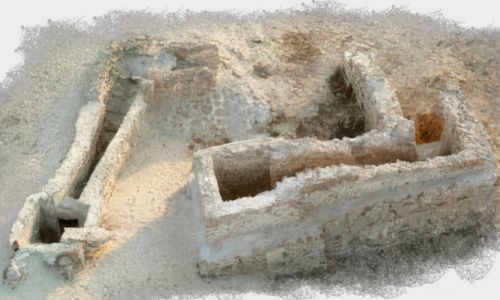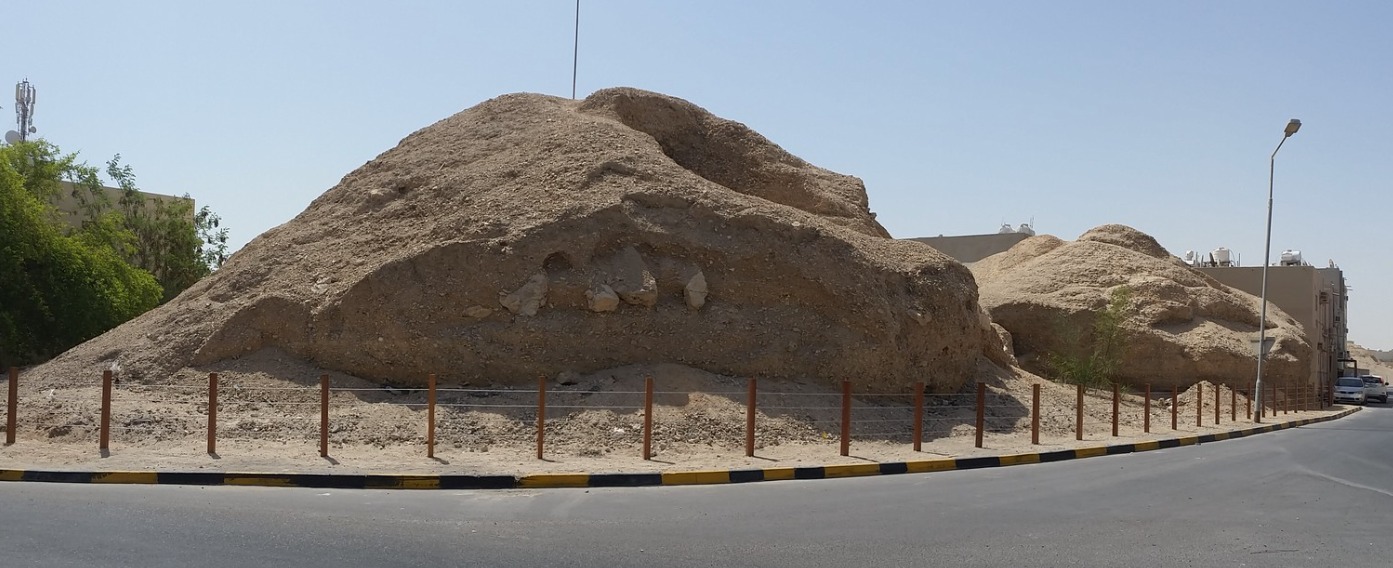Bahrainis beat Malaria 5000 year ago: study
TDT | Manama
The Daily Tribune – www.newsofbahrain.com
Report by Ashen Tharaka
Through a groundbreaking study, researchers have unlocked the secrets of ancient Eastern Arabians.
By analysing DNA from remains found in Bahrain, the team revealed that these people developed resistance to malaria around 5,000 years ago.
This discovery coincides with the introduction of agriculture in the region, which likely created ideal conditions for the spread of the disease.
This study is the result of a collaborative effort by researchers from Liverpool John Moores University, the University of Birmingham, Dubai, and the University of Cambridge.
They worked alongside the Bahrain Authority for Culture and Antiquities, other Arabian institutions, and research centres across Europe.
Salman Almahari, Director of Antiquities and Museums at the Bahrain Authority for Culture and Antiquities, is excited about the potential for future discoveries.
“This study opens doors for future research on human population movements in Arabia and other challenging environments,” he told The Daily Tribune.
Further, he stated that by analysing the remains of four individuals, the researchers were able to gain unprecedented insights into the genetic makeup of pre-Islamic inhabitants of Bahrain.
This information provides a valuable window into the past that could only be obtained through direct analysis of ancient DNA sequences.
According to the report that they have provided, lead researcher Rui Martiniano highlights the significance of the findings: “The rise of the G6PD Mediterranean mutation, which provides protection against malaria, coincides with the introduction of agriculture. It suggests a potential adaptation to the changing environment.”
This knowledge goes beyond historical understanding. By studying past disease patterns, researchers can create better models for predicting disease susceptibility, spread, and treatment in the future.
"This is the first genetic snapshot of past Arabian populations, offering valuable insights into their adaptation to malaria, a historically prevalent disease in the region.
It also paves the way for further exploration of human migration patterns in harsh climates with poor DNA preservation.”
Marc Haber from the University of Birmingham, Dubai, emphasises the importance of this study for future research in the report.
The researchers are grateful to the Bahrain Authority for Culture and Antiquities for their support and collaboration.
This study adds a new chapter to our understanding of human history and disease adaptation in the Arabian Peninsula.
The Dilmun Burial Mounds
Salman Almahari
Marc Haber
Rui Martiniano
Related Posts





